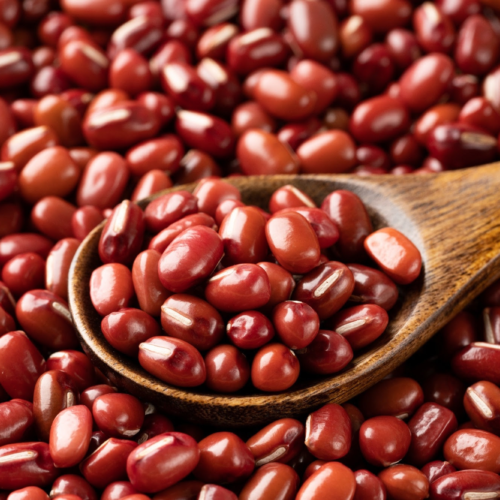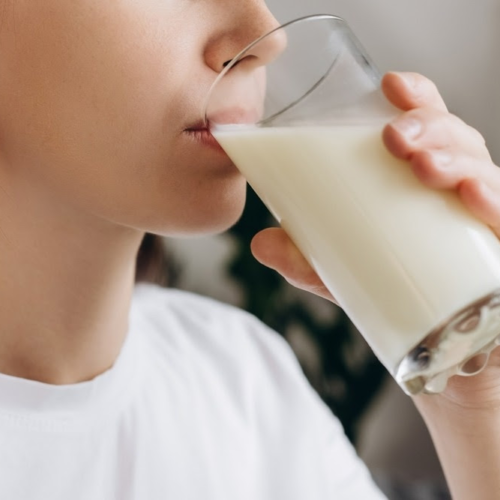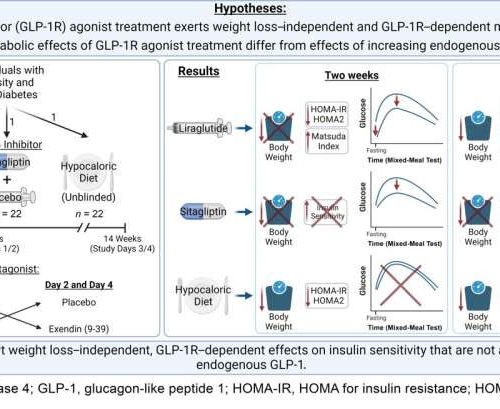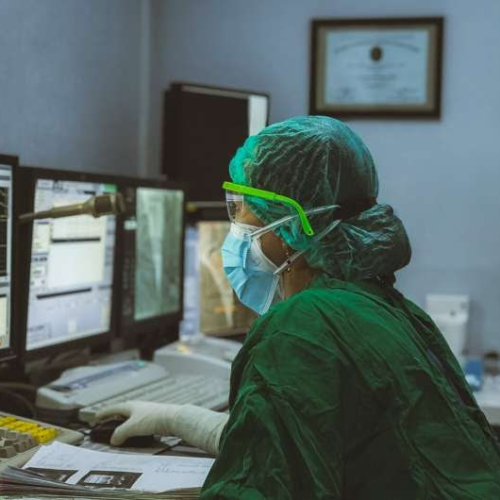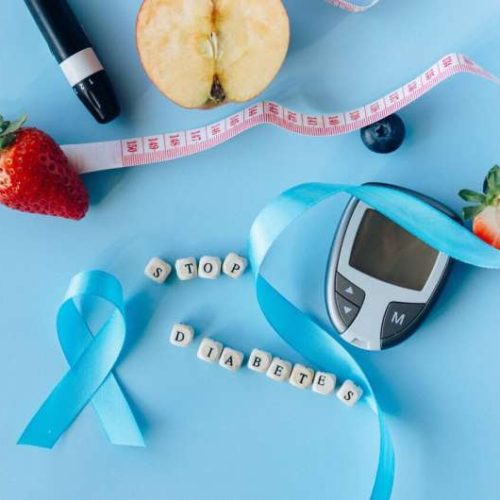By Dr. Chinta SidharthanJan Reviewed by Lily Ramsey, LLMIn a recent study published in Communications Biology, a team of scientists investigated how type 2 diabetes and genetic susceptibility to the disease impacted the severity of and mortality risk associated with coronavirus disease 2019 (COVID-19) using data from the United Kingdom (U.K.) Biobank. Study: Type 2...
Category: <span>Diabetes</span>
Scientific review explores adzuki beans’ efficacy in diabetes prevention and management
By Neha Mathur Reviewed by Lily Ramsey, LLMIn a narrative review published recently in the Nutrients Journal, researchers reviewed evidence supporting adzuki bean (Vigna angularis) supplementation to prevent and manage type 2 diabetes (T2D). Study: The Potential of the Adzuki Bean (Vigna angularis) and Its Bioactive Compounds in Managing Type 2 Diabetes and Glucose Metabolism:...
Increased milk intake associated with a decreased risk of type 2 diabetes in adults who do not produce lactase
By Pooja Toshniwal PahariaJan 22 2024 Reviewed by Danielle Ellis, B.Sc.The researchers of a recent study published in Nature Metabolism investigated the relationship between milk consumption and type 2 diabetes (T2D) among lactase non-persistent (LNP) individuals. Study: Variant of the lactase LCT gene explains association between milk intake and incident type 2 diabetes. Image Credit:...
Study finds increased body and abdominal fat cause insulin resistance in teenagers, raising type 2 diabetes risk
by University of Eastern Finland Both total body fat mass and abdominal fat cause hyperglycemia, hyperinsulinemia, and insulin resistance, with abdominal fat doubling the risk of metabolic dysfunction. However, light physical activity can significantly reduce total body fat mass and insulin resistance. Credit: Andrew AgbajeHigh fat mass in adolescence causes insulin resistance, which can lead to...
Study shows liraglutide results in increased insulin sensitivity independent of weight loss
by Vanderbilt University Medical Center Graphical abstract. Credit: Diabetes (2023). DOI: 10.2337/db23-0356A recent study published in the journal Diabetes demonstrates that a glucagon-like peptide-1 receptor (GLP-1R) agonist, a member of a class of medication used to treat type 2 diabetes and obesity, can lead to a rapid improvement in insulin sensitivity. Insulin sensitivity is how responsive...
Two-step screening strategy could reduce diabetic heart failure
by UT Southwestern Medical Center Credit: Unsplash/CC0 Public DomainA two-step screening protocol that combines clinical risk assessment with biomarker testing can more effectively identify which patients with type 2 diabetes need medication to prevent heart failure, according to a study led by UT Southwestern Medical Center researchers. Published in Circulation, the study found that the new strategy...
Closing in on the ultimate quest to regenerate insulin in pancreatic stem cells
by Baker Heart & Diabetes Institute Pharmacological inhibition of EZH2 catalyzes pancreatic progenitor activation and β-cell maturation. The schematic outlines the progression from pancreatic multipotent progenitors to mature insulin-secreting β-cells, highlighting the regulatory target of EZH2 inhibitors, GSK126 and Tazemetostat. Credit: Signal Transduction and Targeted Therapy (2024). DOI: 10.1038/s41392-023-01707-xResearchers are zeroing in on the ultimate...
Food-as-Medicine study finds no improvements in type 2 diabetes patients
by Justin Jackson , Medical Xpress Credit: Nataliya Vaitkevich from PexelsResearch led by the Massachusetts Institute of Technology Sloan School of Management, Cambridge, has found that an intensive food-as-medicine program showed no improvement in glycemic control in patients with type 2 diabetes and food insecurity. In their paper, “Effect of an Intensive Food-as-Medicine Program on...
New model links RNA editing glitch to early-stage type 1 diabetes
Hebrew University of Jerusalem Hebrew University study proposes a new model suggesting that disrupted RNA editing within pancreatic beta cells might initiate an inflammatory response akin to early-stage type 1 diabetes. This new perspective challenges the long-held belief of viral involvement, offering potential implications for treatments and cures. A recent study by researchers at the...
Just Three Shots a Year: Groundbreaking Drug Delivery System Revolutionizes Diabetes Treatment
By STANFORD UNIVERSITY SCHOOL OF ENGINEERING Stanford engineers have developed an injectable hydrogel depot technology that enables GLP-1 drugs to be administered once every four months, compared to repeated daily injections. Credit: Photo courtesy of Andrea Ivana d’Aquino / Stanford University Innovations in Type 2 diabetes treatment have been revolutionized by dietary management drugs, although...


